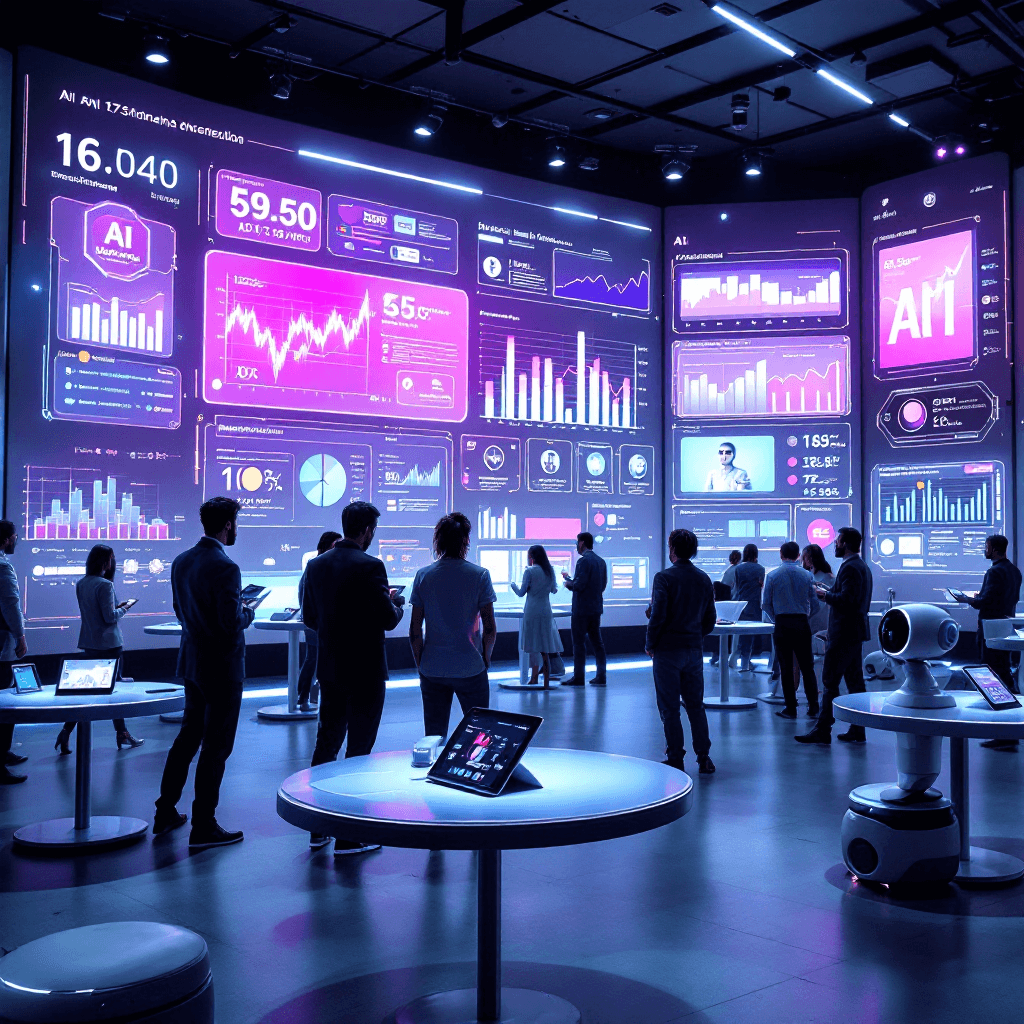Artificial Intelligence (AI) is becoming an integral part of event planning, offering tools that streamline processes and enhance attendee experiences. By leveraging AI, organizers can create more personalized, efficient, and engaging events. This article explores how AI can transform various aspects of event planning and execution.
Personalizing Attendee Experiences
Tailored Content and Suggestions
AI excels at analyzing vast amounts of data to provide personalized attendee experiences.
- Customized Recommendations: Utilize AI algorithms to analyze attendee profiles, interests, and past behaviors. This data-driven approach allows you to suggest sessions, workshops, or networking opportunities tailored to individual preferences.
- Dynamic Scheduling: Implement AI-driven systems that can adapt schedules in real-time, accommodating attendee interests and maximizing participation.
Enhancing Interaction
AI technologies can create more engaging environments through interactive elements.
- Personalized Chatbots: Deploy AI-powered chatbots that provide immediate responses to queries, guide attendees through the event, and offer personalized assistance based on user interactions.
- Virtual Hosts: Use AI to create virtual hosts capable of conducting live interviews, moderating sessions, or even simulating networking introductions with detailed attendee insights.
Streamlining Event Operations
Efficient Planning Processes
AI simplifies event planning logistics, improving efficiency and reducing human error.
- Resource Optimization: AI tools can predict the necessary resources, from staffing needs to material requirements, ensuring optimal allocation and reducing waste.
- Automated Booking: Integrate AI into event management software for automating venue bookings, vendor management, and catering orders, freeing planners to focus on creative aspects.
Real-Time Monitoring and Adjustments
AI facilitates immediate adjustments during events to ensure smooth operations.
- Live Analytics: Utilize AI to track and analyze real-time data on foot traffic, engagement levels, and logistics, allowing organizers to make instantaneous improvements.
- Incident Management: Implement AI systems that monitor for and respond to potential issues before they escalate, such as overcrowding or technical disruptions.
Expanding Marketing Capabilities
Targeted Promotions
Leverage AI for precise audience targeting and message customization.
- Predictive Marketing: Analyze past attendee data and trends to predict future participation behaviors, tailoring marketing campaigns to engage the relevant audience effectively.
- Content Optimization: Use AI to test and refine marketing content, identifying the most effective messages and channels to reach target demographics.
Measuring Impact
AI enhances the ability to measure and analyze the effectiveness of marketing strategies post-event.
- Comprehensive Analytics: Aggregate data across platforms to provide a holistic view of marketing campaign performance, including reach, engagement, and conversion rates.
- Feedback Analysis: Apply AI to process and analyze feedback texts from attendees, extracting actionable insights to guide future strategies.
Conclusion
By integrating AI into event planning, organizers can create deeply personalized experiences and optimize operations. AI provides the data-driven insights that make events more responsive to attendee needs while enhancing engagement and satisfaction. As AI technology evolves, its potential to revolutionize the event planning landscape grows, positioning it as an essential tool for innovative organizers aiming to deliver exceptional events.

AI is truly transforming the way we approach event planning, making it more efficient and personalized. The ability to analyze data and create engaging environments is a game-changer for organizers. Simplifying logistics and enabling real-time adjustments ensures smoother operations and better attendee experiences. As AI continues to evolve, its potential to revolutionize the industry is immense. How can we ensure that the human touch remains a key element in events despite the increasing reliance on AI? WordAiApi
he blog was how do i say it… relevant, finally something that helped me. Thanks